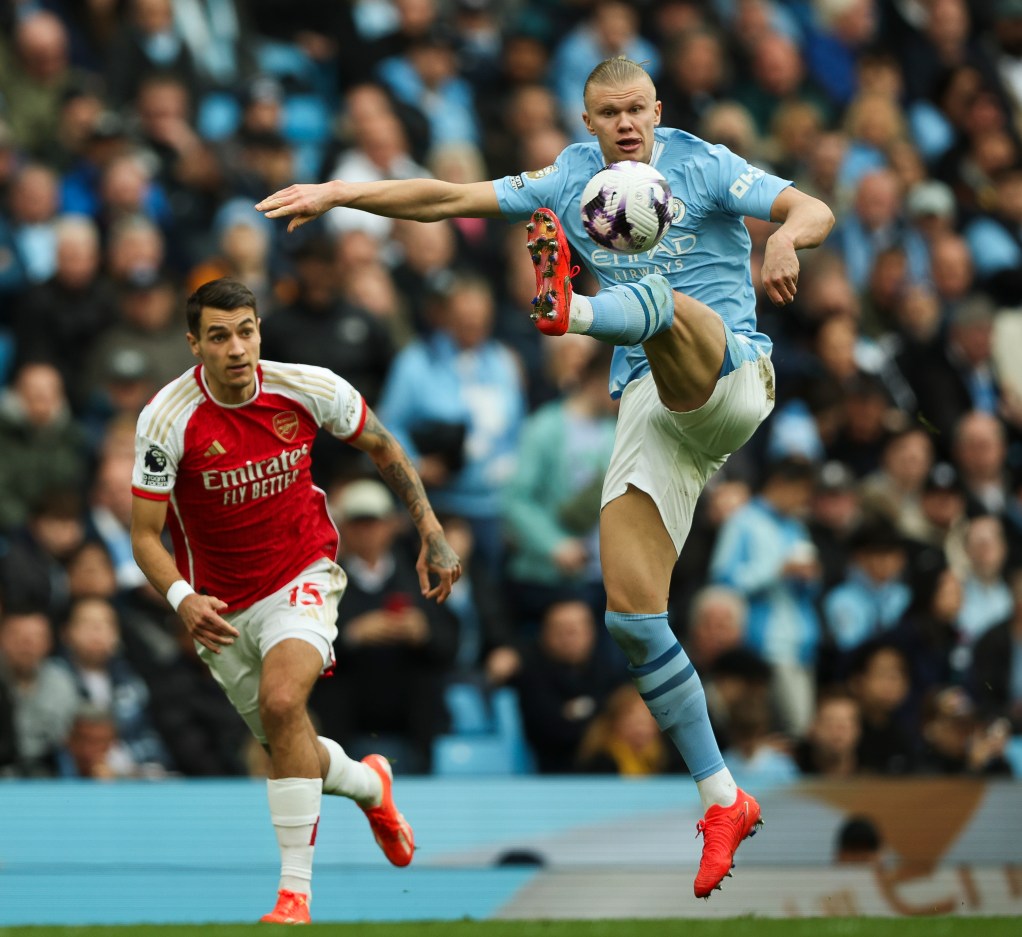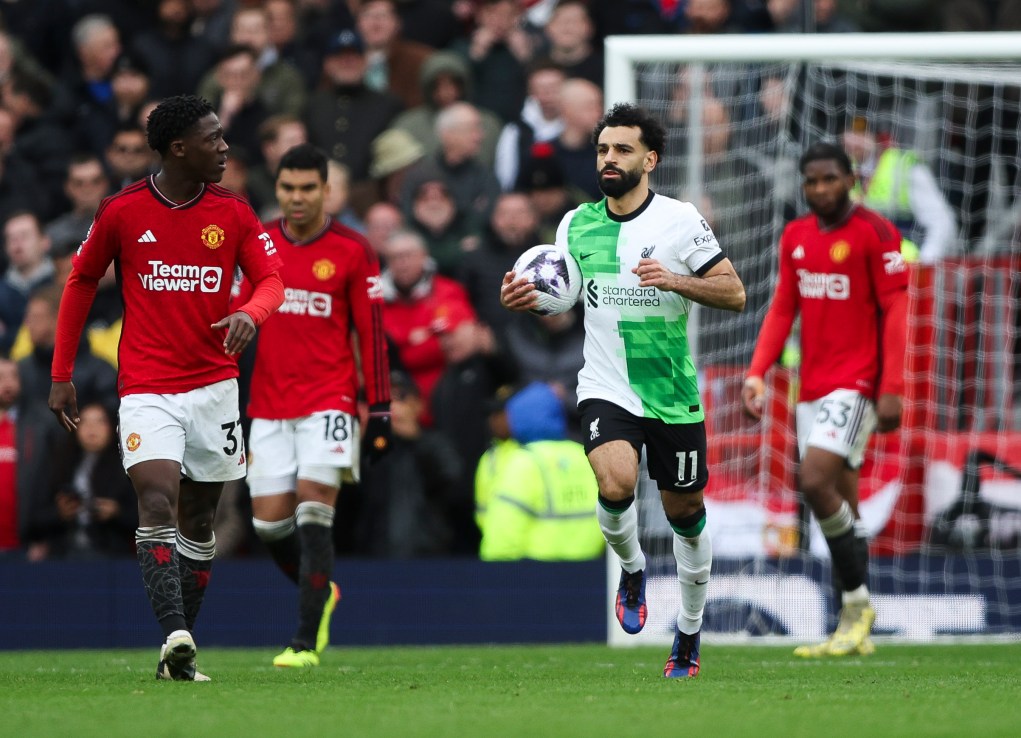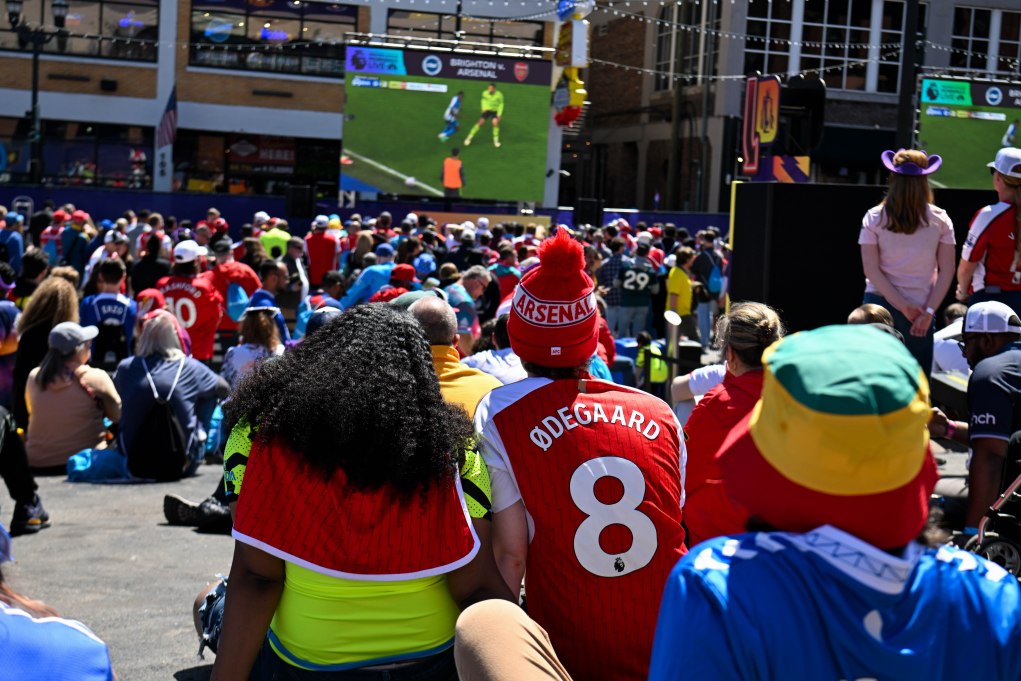Rehnman
Player Valuation: £25k

Premier League is envy of world – government must not put that at risk
Football Governance Bill could give the new regulator unprecedented power and reduce the appeal of our sport, in which the UK is a ‘superpower’
Richard Masters, Premier League chief executiveTuesday April 09 2024, 1.00pm BST
The Times
Last year the government announced that it would not create a new regulator for AI — a technology that experts believe will change almost everything about the way we live. It stated that “by rushing to legislate . . . we would risk placing undue burdens on businesses” and highlighted the desire to “establish the UK as an AI superpower”.
However, the government has decided that we will become the first country to introduce a regulator for football, an industry in which the UK is already a “superpower” and a genuine world leader.
The Football Governance Bill, published last month, will establish strict banking-style regulation for more than 100 football clubs, with rules governing liquidity, debt, overall expenditure, ownership and fan relationships.
It will give the regulator unprecedented power over the sport, including the right to determine how much money is distributed to lower-league teams by Premier League clubs. This is an arrangement that, under a voluntary system, already provides the most generous funding in world football.

As chief executive of the Premier League, my overriding concern is that the bill would reduce our competitiveness and weaken the incredible appeal of the English game.
Our competition is the most watched and commercially successful football league in the world. Thanks to that success, Premier League clubs are able to give away £1.6 billion every three years — 16 per cent of our total revenues — to the wider game, helping to make it the envy of the world. This special aspirational structure made it possible for Brighton & Hove Albion to this season become the 21st club during the Premier League era to rise through the EFL and play in European competition.
The government may now look to push the bill through against a tight deadline before the general election. The apparent rush comes despite significantly improved levels of stability and resilience in football, with club insolvencies throughout the pyramid at their lowest levels for 30 years.
There are already suggestions that the bill could be amended by those seeking a more interventionist approach, with even stronger powers for the regulator to determine how the game is run.
We are asking MPs and peers to protect the game, including the Premier League, which not only helps sustain the football pyramid for the benefit of fans but also contributes £4 billion in annual tax revenues and creates 90,000 jobs across the country. The unintended consequences of regulation generate significant risks.
It is a risk that regulation will undermine the Premier League’s global success, thereby wounding the goose that provides English football’s golden egg.
It is a risk to regulate an industry that has worked so hard to lead the world, especially when none of its competitors are subject to the same regulation. Those competitors are relishing the prospect of the Premier League being uniquely constrained. Empires rise and fall — and while I am confident about the league’s immediate future, it would be a mistake to be complacent about our place as the world’s most popular league.
It is a risk to introduce uncertainty and red tape into an industry that relies heavily on a relatively small pool of investors, who often see club ownership as a passion project as well as a business. While the sport is buoyant today, it would be so easy to misstep and drive our world-leading investment elsewhere.

It is a risk to bring politics and lobbying into football, especially when there are also genuine concerns regarding how truly independent the regulator will be. Already, before it has even arrived, the promise of regulatory intervention in football finances has changed incentives for a new voluntary arrangement to be struck. We have spent the past year in discussions with the EFL about an even more generous financial settlement. But these talks have only served to highlight how destabilising intervention could be.
The EFL has indicated it would happily accept a generous new deal from the Premier League but would also immediately use the new regulator to seek even more money for its clubs, including the Championship, which is already the sixth-richest league in Europe, with many very wealthy club owners of its own.
The government claims its regulator would not interfere on the pitch, but by intervening in the carefully calibrated distribution of revenues and upsetting competitive balance, it would already be doing exactly that.
Premier League clubs irretrievably lost £2 billion during Covid. Despite this, our clubs didn’t just honour their existing pledge to give away record amounts to the lower leagues, they went further and committed that no EFL club would go out of business due to the pandemic.
The Fan-Led Review of Football Governance published in November 2021, which gave rise to this present bill, identified some areas where the game could improve — and the Premier League responded by reforming our own governance structures. This included creating a Fan Engagement Standard, including fan advisory boards at every Premier League club; a new Owners’ Charter; strengthening financial controls; the introduction of new rules to stop the threat of clubs joining breakaway competitions; an enhanced Owners’ and Directors’ Test; and appointing a diverse group of independent non-executive directors to the Premier League board.

Our track record demonstrates that our clubs understand the value of good governance, the importance of the pyramid, and can be trusted to continue to support all levels of the game.
Finally, it is a risk to rush through complex legislation at the end of a parliament, especially when there is a danger of it unbalancing our national sport. The past tells us that rushed legislation is usually bad legislation. Parliamentarians need time to scrutinise this unprecedented plan, and I hope they will be as determined as I am to ensure that no harm is done to English football. Fundamentally, we all need to remember that the people who will suffer the most, if this goes wrong, are the very fans whose interests the legislation aims to protect.
We will continue to work with everyone to support the government’s intention, of making football more sustainable while not harming the world-leading Premier League. Sensible, light-touch regulation, collaborating with the leagues, could be made to work. However, the question is: once politics enter the game, can anyone guarantee this is what we will get? And if they cannot, are we sure we should take the risk?


















